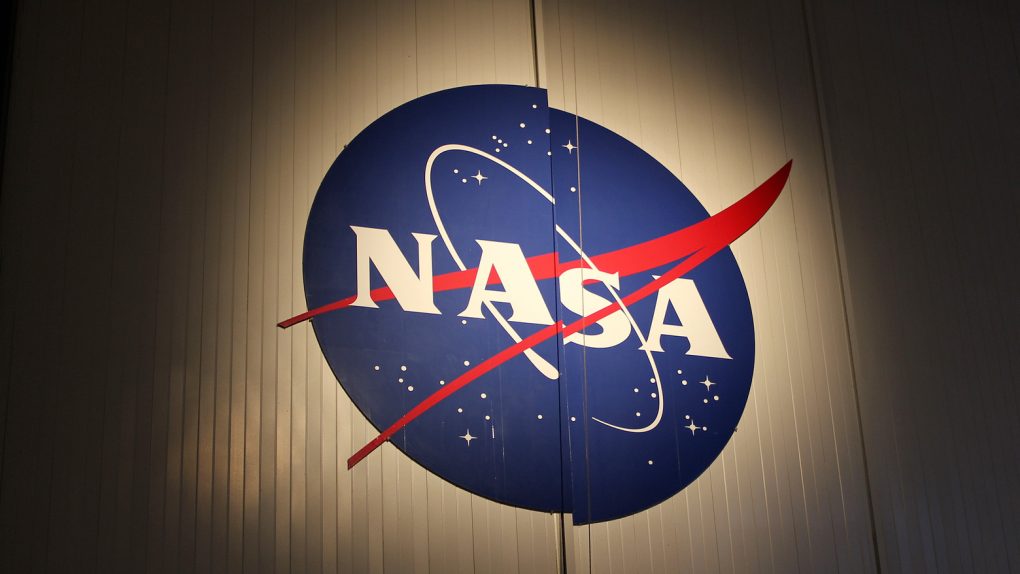An upcoming spacewalk at the International Space Station will feature two female astronauts for the very first time. NASA didn’t specifically plan it as an “all-woman spacewalk,” but things just kind of shook out that way, and as NASA’s ranks are inching closer to an even split between male and female astronauts, some are wondering about how that might affect upcoming trips to the Moon and eventually Mars.
When NASA’s Apollo missions sent mankind to the Moon things were a lot different for women in NASA and, put simply, the agency was overwhelmingly male. Today, women make up 34% of active NASA astronauts, and while that’s still well short of half, it’s a lot closer than it has been in the past.
So, is it time for a woman to walk on the Moon? NASA administrator Jim Bridenstine thinks so.
In an interview with Science Friday, Bridenstine discusses the high probability of female astronauts playing a big role in upcoming missions to the Moon and, in the future, Mars. He even goes so far as to say that the next person to walk on the Moon is “likely to be a woman.”
“It’s also true that the first person on Mars is likely to be a woman,” Bridenstine explained. “So these are great days. We have the first all-female spacewalk happening this month at the end of March, which is of course, National Women’s Month. So NASA is committed to making sure that we have a broad and diverse set of talent. And we’re looking forward to the first woman on the Moon.”
Bridenstine didn’t offer much in the way of specifics to back up his notion that women would lead the charge to the Moon and Mars, and that’s not really that surprising. NASA wouldn’t have chosen crew members for missions that aren’t scheduled yet, and both the return to the Moon and a possible mission to Mars are still very much in the development stages at this point.








